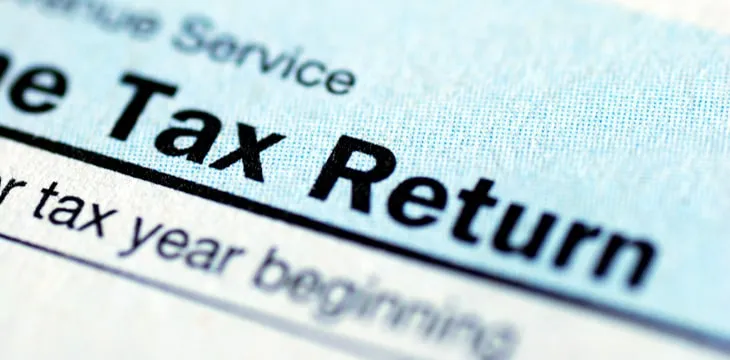|
Getting your Trinity Audio player ready...
|
U.S. residents who have cheated on their digital currency taxes woke up to an unpleasant surprise last week.
In a move that should have been obvious after President Joe Biden hired 87,000 new IRS agents, the federal tax agency received approval to issue a summons to M.Y. Safra Bank, the banking partner of digital currency prime broker SFOX.
The summons, often referred to as a “John Doe” summons, seeks information on customers of SFOX who may not have reported their digital currency gains on tax returns.
The IRS received authorization to issue the summons to help it identify U.S. users who conducted $20,000 or more transactions between 2016 and 2021. That means all but the smallest traders will be caught in the dragnet.
Damian Williams, a U.S. attorney for the Southern District of New York, said that “taxpayers are required to truthfully report their tax liabilities on their returns, and liabilities that arise from cryptocurrency transactions are not exempt.”
Those who bought the ‘crypto-anarchist’ narrative are dead wrong
As Bitcoin maximalist Michael Saylor recently found out, those who don’t pay their taxes lose in the long run.
Like Saylor, many involved with Bitcoin and other digital currencies have mistakenly bought into the narrative that these assets are beyond the reach of governments and that so-called ‘cryptocurrencies’ can’t be traced.
In reality, nothing could be further from the truth. As well as having the power to legally summon information related to the identity of exchange users, as the IRS has in this case, digital currencies operating on public blockchains leave time-stamped transactions for all to see and follow.
Even those who use coin mixers and flip between digital currencies using techniques like atomic swaps can not evade the law forever. With every passing year, blockchain analytics tools become more powerful, and governments figure out how to apply the law to the new ‘asset class.’
In very short order, those who listened to the likes of Cøbra and other crypto-anarchists who mistook Bitcoin for a tool to usher in disorder will pay a steep price. It won’t be long before all exchanges that wish to stay in business and serve large markets above all else, hand over any information requested or face extinction.
Whatever your politics and your beliefs about this situation, it is reality, and there’s no escaping it. Bitcoin’s inventor has been warning about this for years, yet few have listened. Everyone who seeks to evade taxes and use Bitcoin for illicit purposes has made a grave error and will soon pay the piper.
Watch: The BSV Global Blockchain Convention panel, Law & Order: Regulatory Compliance for Blockchain & Digital Assets

 07-04-2025
07-04-2025 





